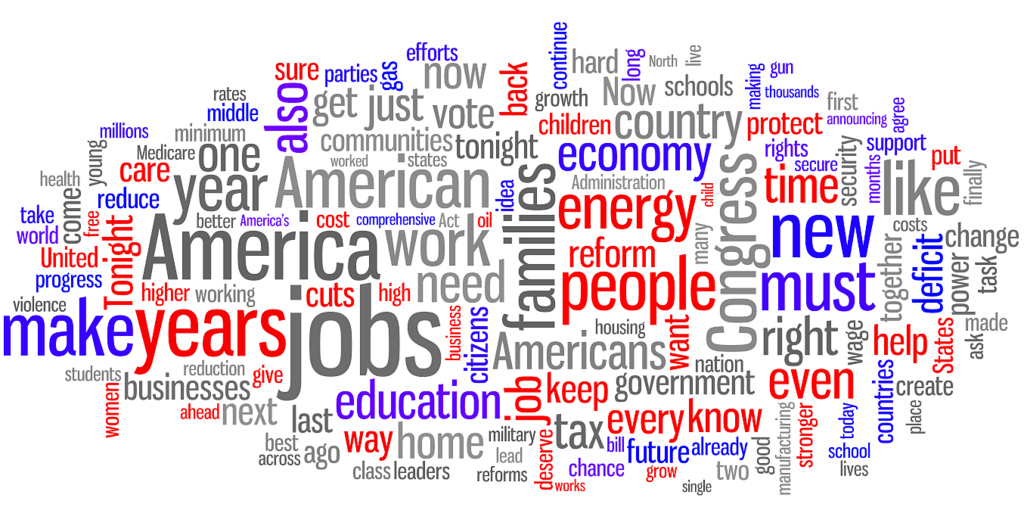Why COVID-19 news can drive people bonkers: You read one thing one place and another thing elsewhere. Notice below how one title suggests contemplation (“should you” and “suggest”) while the other strikes more concern (“recommended” and “high”). Further notice the timing of the article, where a question is asked after statement was made earlier in the day. Part of the … Read More
Love, Liberty, & Caution: Why Jesus Would Wear A Mask
What’s most surprising right now is not the anti-science views circulating around the internet, but the callousness. There’s lots of debate, but less concern for the sick and the susceptible. All who fight for the “freedom” to not wear a mask overlook that the reason to wear a mask is for another person’s good, not their own. Good citizens, and especially people … Read More
COVID-19, Planning, & Jesus
As I observe dozens of Christians pondering what to do this weekend, I can’t help but ask: What would Jesus do? My guess is that Jesus would be out picking grain and delivering it to the needy — just like David took temple bread to feed the hungry. Both knew that life mattered more than tradition. The Sabbath, … Read More
House Bill 2495 – Illinois’ Reproductive Health Act
Illinois is currently attempting to pass expansive changes to reproductive law (House Bill 2495) — considered to be more extreme than what New York recently passed. Without delving into political talking points, there are several reasons for both Democrats and Republicans to be concerned: The new law states that the unborn do “not have independent rights under the … Read More
Protesting & Mullets
“Patriotism takes many forms, including teaching, transforming, and even protesting.” – Bob Costas To state Bob Costas’ point another way: Seeking change (e.g., a wife protesting her husband’s appearance and requesting he cut his hair) is not equivalent to disowning what needs to be changed (the husband). Although the man might *feel* rejected, she remains by his side — even … Read More
Women in The Book of Esther
We live in an exciting era of women’s rights. In the past century, women have fought for the right to vote, to be heard, and to be respected. We see this in a wide variety of expressions from marches to the #MeToo movement and beyond. Sometimes we take this for granted, but in comparison to how women how have been … Read More
Reasons to Welcome, Not Ban
25 Reasons Why Christians Should Welcome (Not Ban) Immigrants & Refugees God cares for all people, not just those inside a particular national border. As Christians, global citizenship trumps national citizenship. Christianity affirms that all people have the same value, regardless of their current religion, since all of creation comes from God. The Good Samaritan story includes ethnic dimensions: … Read More











